Slack won the battle over Microsoft Teams unbundling – but it will lose the war
Despite a flurry of Teams unbundlings, Slack’s not making much progress in knocking Teams out of the top spot
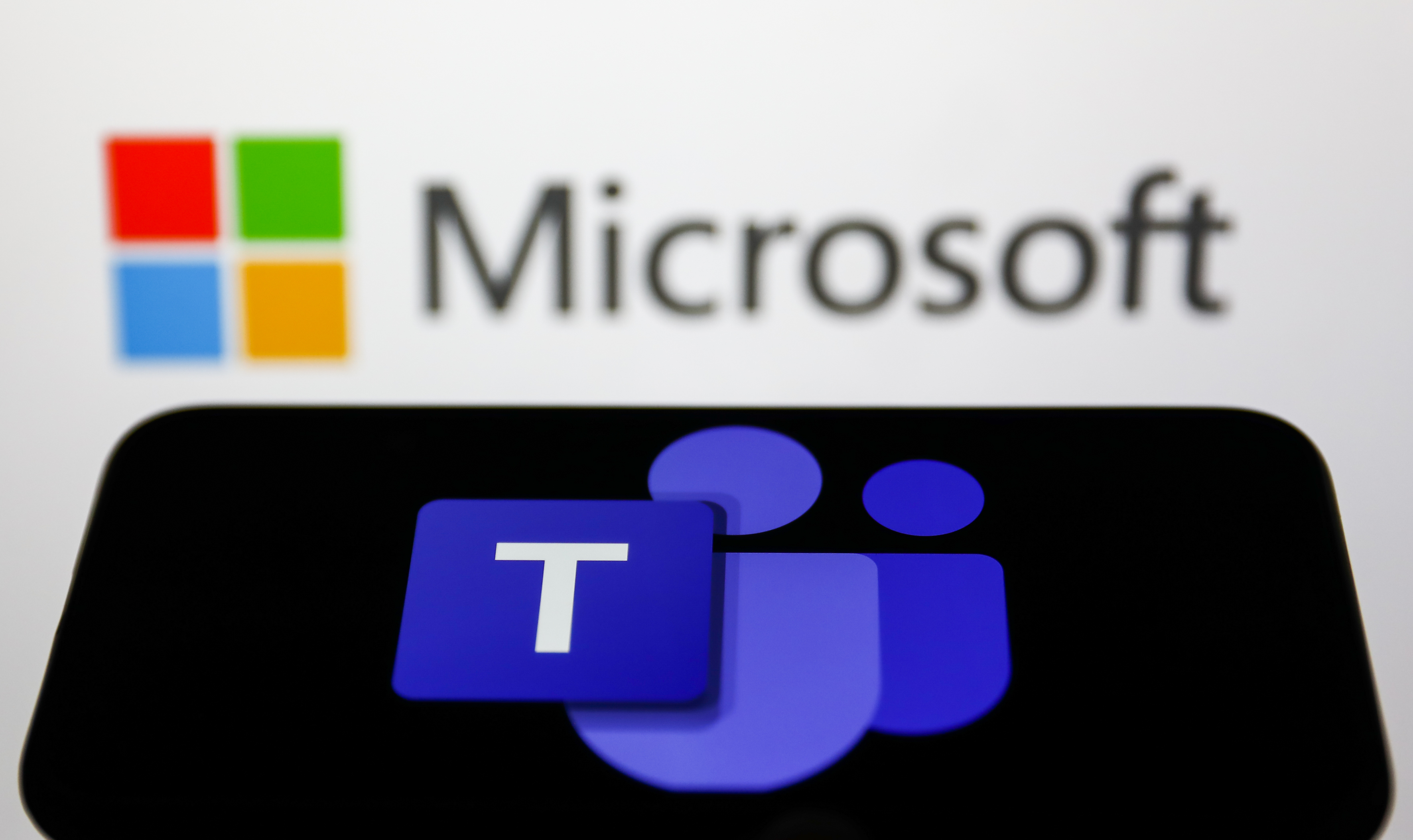

Microsoft has announced it is unbundling Teams from Microsoft 365 and Office 365 globally in a bid to placate a European Commission investigation into its competitive practices sparked by communications rival Slack.
It’s clear Slack has pulled the rug from under Teams, the culmination of years of continued heel-snapping and a blow to Microsoft’s offer of a comprehensive software suite. But in Teams’ continued success, there’s every indication that Slack’s victory was minor and that it won’t be able to capitalize on it to the extent it may be hoping.
Depending on your view, Slack’s 2020 EU competition complaint against Microsoft was spurred by free market interest or simple corporate shot-firing. Whatever the catalyst, the Salesforce-owned workplace productivity platform evidently thought itself well-positioned to make gains on Microsoft through the move. It takes just three sentences for the firm to sum up its 2020 complaint filing:
“We’re confident that we win on the merits of our product, but we can’t ignore illegal behavior that deprives customers of access to the tools and solutions they want,” wrote Jonathan Prince, VP of Communications and Policy at Slack.
The air of competition runs throughout the filing, with Slack having worked hard to position itself as both a competitor to Teams in its own right and a victim of Microsoft’s alleged illegal market dominance. But with the unbundling at hand and the choice of Slack vs. Teams at the forefront, Slack still hasn’t offered a compelling vision of itself as a usurper to Teams.
Slack has bitten off more than it can chew
Push and pull over the question of Teams has been ongoing since the initial filing which asked the EU to cast a critical gaze over Teams’ built-in presence in Microsoft’s Office 365 productivity software. This, Slack argues, was the result of forcibly installing Teams onto millions of systems in a move that allowed Microsoft to leverage its market control to “extinguish” competition in the productivity software arena.
Microsoft has continued in its efforts to outpace regulators by further unbundling Teams from its Office 365 suite, announcing that it will be selling Teams separately across the globe.
Get the ITPro daily newsletter
Sign up today and you will receive a free copy of our Future Focus 2025 report - the leading guidance on AI, cybersecurity and other IT challenges as per 700+ senior executives
This comes only a short time after it announced it would be unbundling Teams from Microsoft 365 specifically in Europe, in a bid to dodge a drawn-out regulatory battle over Slack’s antitrust complaint.
Having forced Microsoft’s hand not just regionally, but also on the world stage, one might expect Slack to be doing victory laps. But if the firm has benefited from the outcome, we’re yet to see it, as Teams continues to enjoy success.
Following the separation of Teams from its Office 365 counterparts, the platform has seen little decline in popularity, with data from Sensor Tower shared by Reuters showing almost no change in the size of its user base. Sensor Tower estimates that monthly active users of the Microsoft Teams mobile app remained largely level in a comparison between the fourth quarter of 2023 and the first quarter of 2024, at a figure of 19 million.
If Slack is seeking improved market share, it will have to work hard. Competing against a rival with such longstanding control and prestige in productivity software is no easy feat.
RELATED WHITEPAPER

The firm positioned itself as the antidote to Teams when it first demanded action from the EU, describing itself as a threat to Microsoft’s “hold on business email” and “lock on enterprise software.”
“Slack offers an open, flexible approach that compounds the threat to Microsoft because it is a gateway to innovative, best-in-class technology that competes with the rest of Microsoft’s stack,” Prince wrote at the time.
What Slack brings to the table, it claims, is flexibility. This comes in the form of its thousands of third-party app integrations and interconnectedness with the Salesforce ecosystem, alongside better compatibility with Google Workspace.
To compete with Microsoft, this is what Slack will ultimately need to lean on. With Teams unbundled from Office 365, businesses may weigh forking out an additional $5.25 (£4.20) and use this opportunity to explore the benefits of alternative communication platforms. But this is narrow room to muscle in and Slack will need to double down on its unique benefits.
Recent efforts on Slack AI, which users can deploy to generate channel recaps, answer personalized questions, or summarize threads, have also pitted Slack against Microsoft Copilot which comes embedded within Teams by default. As Copilot is backed by OpenAI’s flagship model GPT-4, this is unlikely to be a battle Slack can win on performance alone. For Slack to succeed at AI it will have to lean into its reputation as an ecosystem-agnostic operator, emphasizing Microsoft’s more closed approach and doubling down on its promise to keep data secure and in the hands of businesses.
Microsoft has dodged regulators for now
Prince’s original writing is at pains to assure the reader that the issue is “much bigger than Slack versus Microsoft”, having gone on to describe this whole debacle more as a battle for the future of digital ecosystems, or “gateway versus gatekeepers.”
It’s certainly not controversial to say Microsoft and competition complaints go hand-in-hand. At the time of writing, regulators in Europe and elsewhere are drumming up investigations into the firm’s other potentially anti-competitive operations.
The hyperscaler is under fire from both the European Commission and the UK’s Competition and Market Authority (CMA) over its supposed dominance in the cloud computing sphere, and there are also ongoing investigations into Microsoft’s OpenAI investments.
But so far Microsoft has taken all the regulatory flack in its stride, updating its offerings to mirror the new landscape rather than just simply leaning into regulatory demands. In Europe, for example, it introduced a new, cheaper lineup of 365 products that come without Teams, as well as a standalone Teams offering for enterprise customers.
Slack can’t present itself as the free market champion of communications platforms without backing this up in raw performance
With so much skin in the game as a rival enterprise software provider, it’s logical that Slack would pursue regulatory complaints under the guise of championing market fairness. The firm’s aims are commercial at heart, but creating a vacuum in the productivity space won’t be enough on its own.
On its present course, Slack seems destined to fall short in its mission to overthrow the reigning monarch of Microsoft. With Teams’ rule of the roost seemingly unchanged, Slack will have to present a more compelling alternative to shift the dial among business customers.

George Fitzmaurice is a former Staff Writer at ITPro and ChannelPro, with a particular interest in AI regulation, data legislation, and market development. After graduating from the University of Oxford with a degree in English Language and Literature, he undertook an internship at the New Statesman before starting at ITPro. Outside of the office, George is both an aspiring musician and an avid reader.
-
 Cleo attack victim list grows as Hertz confirms customer data stolen
Cleo attack victim list grows as Hertz confirms customer data stolenNews Hertz has confirmed it suffered a data breach as a result of the Cleo zero-day vulnerability in late 2024, with the car rental giant warning that customer data was stolen.
By Ross Kelly
-
 Lateral moves in tech: Why leaders should support employee mobility
Lateral moves in tech: Why leaders should support employee mobilityIn-depth Encouraging staff to switch roles can have long-term benefits for skills in the tech sector
By Keri Allan
-
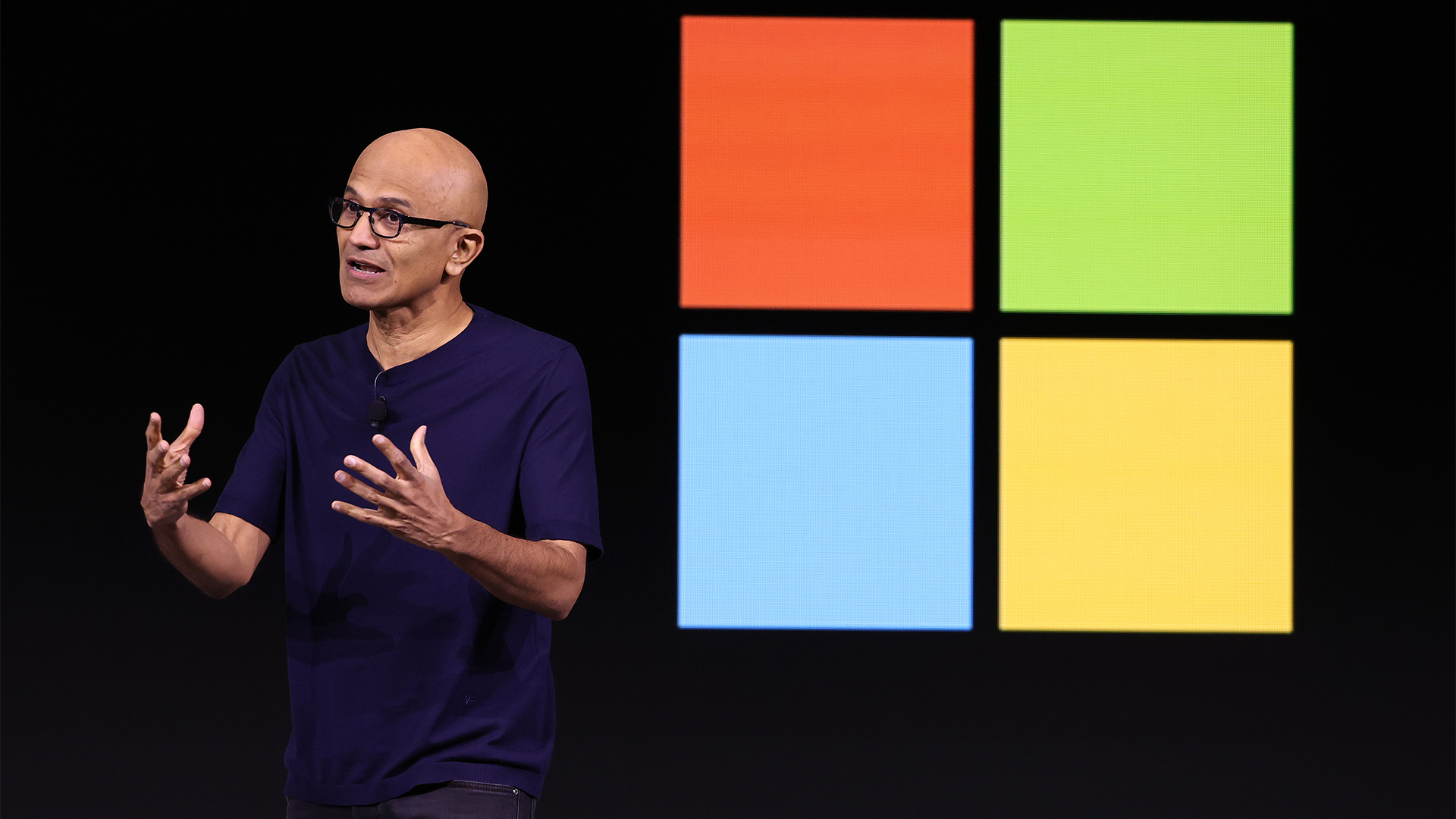 "I LOVE this company!" Looking back on 50 years of tech giant Microsoft
"I LOVE this company!" Looking back on 50 years of tech giant MicrosoftOpinion There have been highs, lows, laughs and lots of success in the past 5 decades for the Redmond-headquartered firm
By Maggie Holland
-
 The CMA just dropped its probe into the Microsoft–OpenAI deal
The CMA just dropped its probe into the Microsoft–OpenAI dealNews The CMA has dropped its probe into the partnership between Microsoft and OpenAI, saying the deal doesn't give Microsoft a controlling interest over the AI firm.
By Emma Woollacott
-
 Microsoft says there’s an AI divide brewing – here’s how enterprises can get on the right side
Microsoft says there’s an AI divide brewing – here’s how enterprises can get on the right sideNews Research from Microsoft and Goldsmiths University suggests there is a growing 'AI divide' among enterprises adopting the technology and those sluggish to react.
By George Fitzmaurice
-
 ‘Europe could do it, but it's chosen not to do it’: Eric Schmidt thinks EU regulation will stifle AI innovation – but Britain has a huge opportunity
‘Europe could do it, but it's chosen not to do it’: Eric Schmidt thinks EU regulation will stifle AI innovation – but Britain has a huge opportunityNews Former Google CEO Eric Schmidt believes EU AI regulation is hampering innovation in the region and placing enterprises at a disadvantage.
By Ross Kelly
-
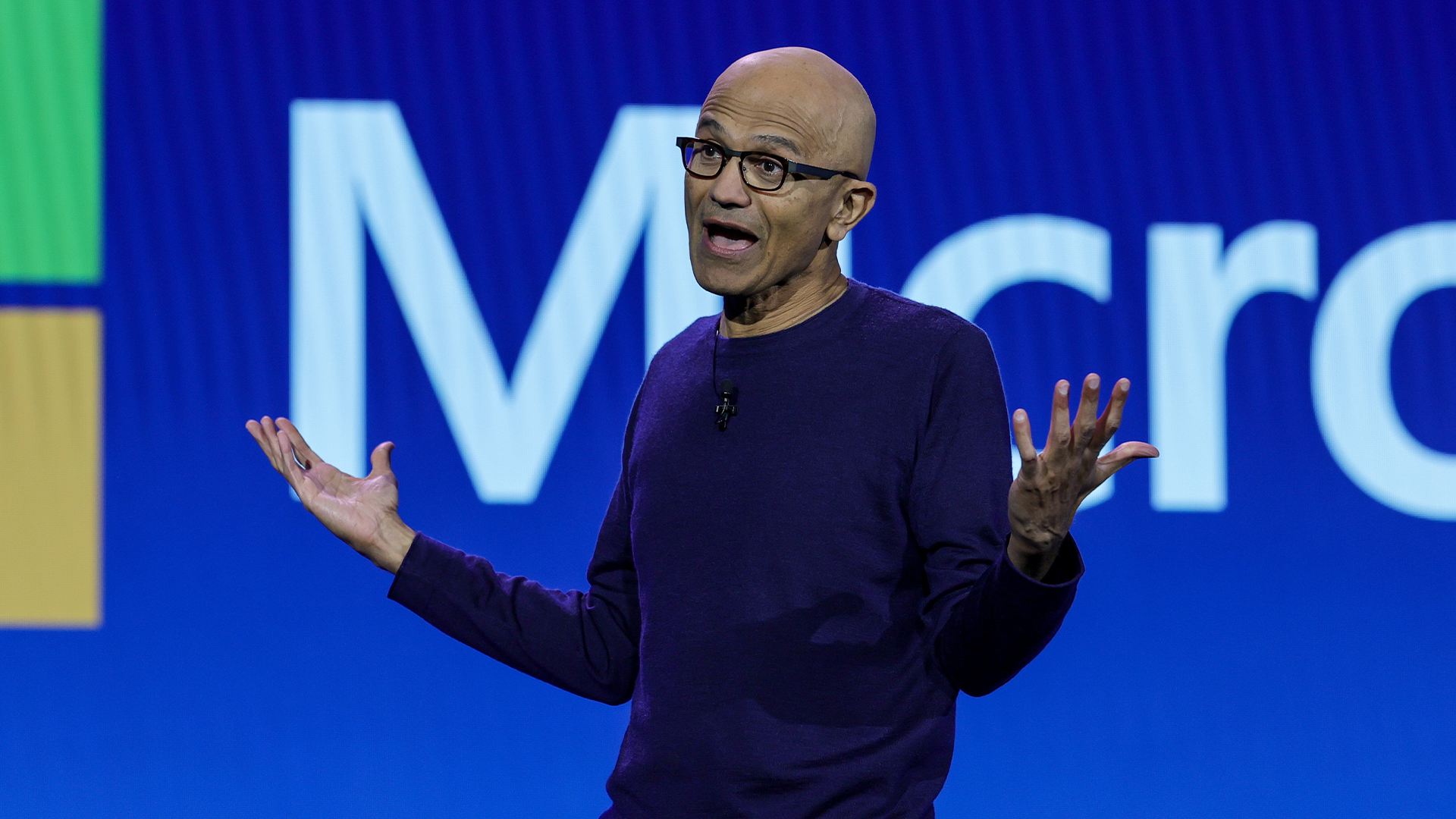 Microsoft promises more AI spending despite cloud cost stumble
Microsoft promises more AI spending despite cloud cost stumbleNews Microsoft recorded revenue and earnings growth in its latest quarterly results, but higher than expected costs in cloud and AI raised investor concerns.
By Nicole Kobie
-
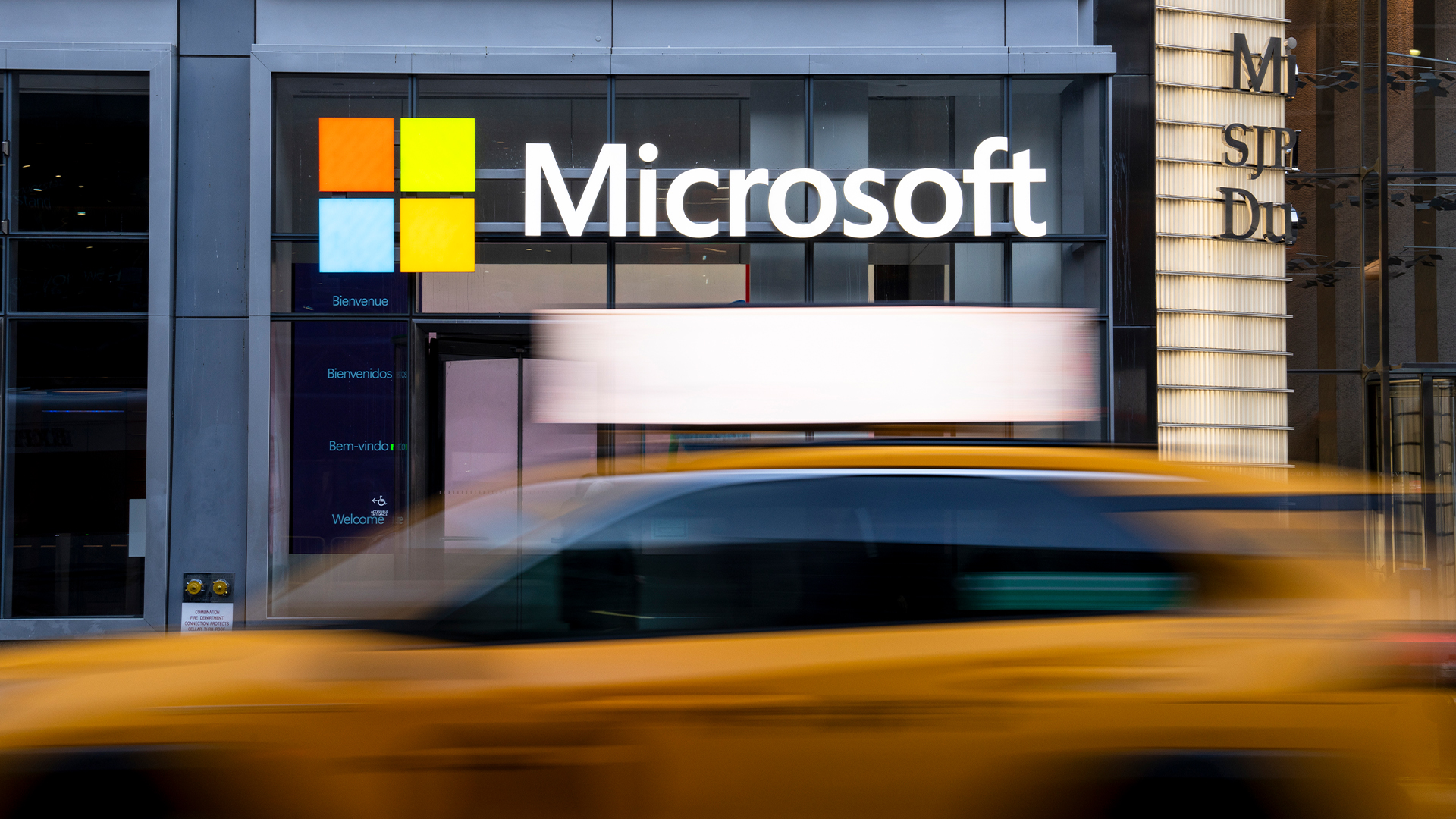 Microsoft staff face second round of layoffs as firm continues cost-cutting measures
Microsoft staff face second round of layoffs as firm continues cost-cutting measuresNews The size of the layoffs has not been specified, though Microsoft has said they will be small
By George Fitzmaurice
-
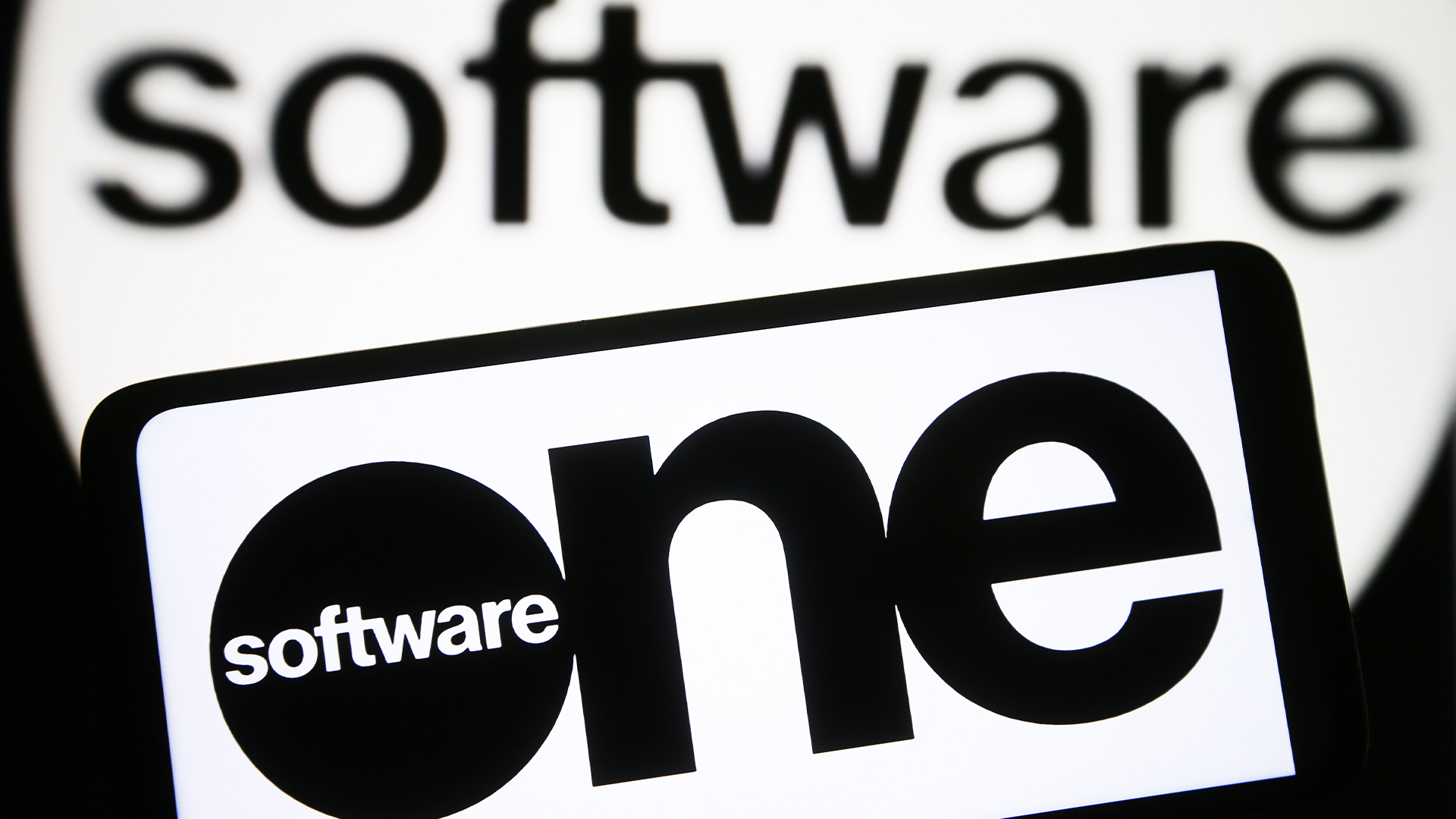 SoftwareOne to acquire Crayon in $1.4 billion merger deal
SoftwareOne to acquire Crayon in $1.4 billion merger dealNews The merged firm will be 'uniquely positioned' to capitalize on a $150 billion market
By Emma Woollacott
-
 Google wants regulators to break up Microsoft's OpenAI deal
Google wants regulators to break up Microsoft's OpenAI dealNews Google has already been nipping at Microsoft’s heels in the European cloud market over competition concerns
By George Fitzmaurice